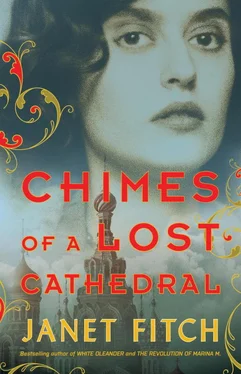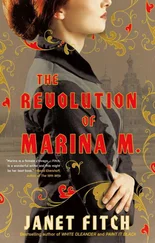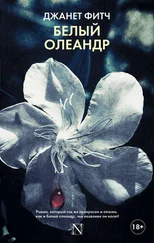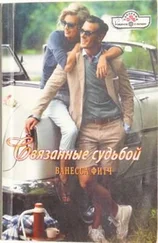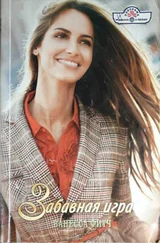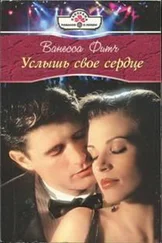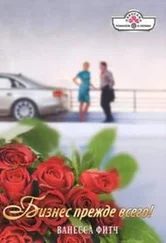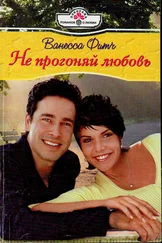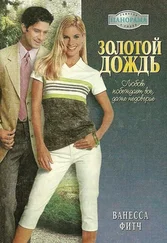It has come to the attention
Of the regional soviet
A widespread speculation
In the matter of queues.
They were listening, the two babas and the little girl’s mother.
Look at these hours DAYS Weeks
Squandered!
You, sisters.
Standing like tired horses
Stamping before the station
your steamy breath
Knee-deep in snow, in mud.
The waste of precious Soviet time!
Now they smiled, recognizing the official Bolshevik/ Pravda tone, understanding it was a joke—a poem for them! More people turned to listen, a girl behind the woman with the child.
It must be
Capitalists! Foreign imperialists!
Wreckers. Take warning!
From now on
Time
Will be closely rationed by Narkompros.
Outright chuckles. I held my finger up to my nose, and then pointed, discreetly, at each one, a village admonishment. Laughter was like water in this desert. The baba with the moustache murmured, “Why not? They’ve rationed everything else.” The woman with the child unconsciously stroked her long plaits.
This is not your old bourgeois time
Served up with lace and opera capes.
This is Soviet time you’re wasting.
Soviet women
Measuring time in bread and sweat and shoe leather.
Therefore it’s been declared
only a pood and a half of time
per family per week!
Now they were laughing openly, the woman in the wool scarf clapped her mittened hands to her cheeks.
The hours of your beautiful red blood
flow out with the hands of the clock.
Nobody’s getting any younger,
Four hours in the queues?
Such extravagance!
And in wartime?
It’s counterrevolutionary
Anti-Communistic!
Down with the capitalist, piecework queue!
Wrecking our days
Digesting us whole
consuming our Soviet dreams.
Now I had come to the end of the written poem, but was caught up in the joke and the rhythm of the thing. I kept going, making it up like Misha’s chastushki.
Slaves of the queue!
I propose we
declare this
the International Day of Waiting.
Sisters, we should demand speeches!
Where are our medals?
Our slogans?
Our Internationale?
We demand a newspaper
The Stander’s Gazette.
“Call it ‘My Varicose Veins,’” said the woman with the kerchief.
“‘My Aching Feet,’” said the little woman with the patched coat.
Oh, the beautiful, phlegmy music of their laughter! I hadn’t realized just how tired of creeping around like a kitchen mouse I was, scuttling across the floor ahead of the housewife’s broom. To touch for one moment these tired, hungry women, to lift their spirits, knowing we were not crazy, laughing together at the life we all found ourselves living, this ridiculous world that had us all by the throat.
A woman with two loaves had stopped to listen.
Our slogan—
“Those who do not Stand
Do Not Eat.”
I thought it was very good, but my sisters suddenly faded back into the submissive postures of the queue, freezing like jonquils caught in a late frost.
“Who are you?” demanded the woman with the loaves. “I haven’t seen you here before.”
“Just a joke, Alexandra Sergeevna,” said the woman behind me with the little girl. “She wrote a poem.”
The woman turned her flat-cheeked, gravel-eyed face to me. “A fine time to criticize our struggling Soviet system. Too bad about your petty-bourgeois dissatisfactions. This”—she waved at the queue, raising her voice like someone on a podium—“is no joking matter. We’re fighting for our lives here. Our soldiers are spilling blood that’s quite real. And we women are doing our part.”
Sober morning gray returned to the faces of my listeners. There was nothing the least bit funny about being alive in the bread queue on Ulitsa Truda, Labor Street, in early spring 1919. I had forgotten myself. The day when one could safely stand on a street corner and proclaim poems to workers was over.
“Who are you?” she demanded again.
“Kuriakina,” I replied. Did she need to see my labor book?
A woman in a felt hood said, “She’s the new girl over at Korsakova’s. She’s took the place of the daughter.”
The officious woman eyed me closely, as if memorizing me for a police report. I felt myself stiffening. I wanted to argue with her, defend my rights, my labor book securely in my pocket, but I’d grown cautious—something to do with my encounter with the Cheka, at Pulkovo, and in the cells at Gorokhovaya 2. With her self-righteousness, this puffed-up woman had to be a big local Bolshevik to dictate so freely to the others.
I shrugged. “Just a poem, Comrade. Having some fun. Making the time go faster.”
Having told me off and spoiled the moment, she settled herself importantly, like a hen who’d been disturbed. “I could report you. Stirring people up against the government.”
Oh God. “A little joke makes people feel less alone, Comrade,” I said.
“Alone?” The woman hoisting her bread under her arm. “Does this look like you’re alone?” She gestured to the queue, front to back.
“She’s pregnant, Alexandra Sergeevna,” said the woman with the little girl. “She’s been standing a long time.”
I touched my belly through my coat, wanting to hide him from this sour woman.
Her eyes narrowed, circled in black around the iris like a bull’s-eye. “Why haven’t we seen you at the Mothers’ Course? We have an excellent Women’s Club here. We’re not some benighted village, you know.”
Oh, the infernal Women’s Club! “I’m just so tired these days, Comrade,” I said. “I don’t sleep well.”
“We’re building socialism, devushka. We have to take our place, mothers and grandmothers, and not grumble in the breadlines. There’s a lecture tonight. ‘The Future of the Family.’ Seven o’clock. I want to see you there.” She turned and briskly walked off, having done her socialist duty. It looked like I would be attending the Women’s Club of Tikhvin after all.
The sun had come up, and the frost on the stones rose as mist into the sunlight. Although the sour woman had taken the steam out of the moment, a wisp of good cheer remained. I could smell it off the other women, just a hint of it, the way woodsmoke clings to your coat. The girl with the hollow eyes peeped out at me from behind her mother’s legs, still staring.
3 The Future of the Family
After the men’s dinner was cleared that night and my own portion consumed—devoured—I scrubbed the table, and Styopa helped me put the silverware back into the pantry. I would have liked to crawl upstairs to bed, but instead, I forced myself back into my coat and boots for the hike over to the old Duma building, the long yellow structure of the Tikhvin Soviet. What choice did I have? I had to live in this town, and now that I’d taken the risk of becoming known, I had to fork over my pound of flesh.
“You shouldn’t go alone,” said Styopa. “I’ll walk you. It’s dangerous out there.”
I looked over at Raisa Filipovna. “She’ll be fine,” she said. “Just be careful. And watch your tongue.” The thing I hated most. I clapped my fox hat onto my head.
I steeled myself as I approached the loitering soldiers under the one operating streetlight of the square, men who knew nothing about the New Soviet Woman, and were desperate for sex. “Hey, girl, come with me, I’ve got chocolate.” “I’ve got some dynamite and it’s about ready to explode.” The chocolate was tempting but the syphilis held me at bay. If I were Misha, I’d point out they would have their share of explosions when they faced Admiral Kolchak and the Whites. But if I were Misha, I would not have to listen to this at all. Our poor, rude, ignorant Red heroes. Half the women in town wished they were dead already. Korsakova had to collect Liza from school herself, or I had to do it, you couldn’t have a thirteen-year-old girl walking through a town like this by herself. I wished I’d said yes to Styopa Radulovich despite Korsakova’s disapproval. My pregnancy didn’t shield me—they would be happy to have me. We were coarsening like abused beasts, the whole country. We thought only of food, and sex, and sleep, of warmth and safety. No more morality, none of those burzhui niceties. I shut my ears and hurried toward the lit portal of the soviet like a small boat tacking toward a dock on a dark night.
Читать дальше
